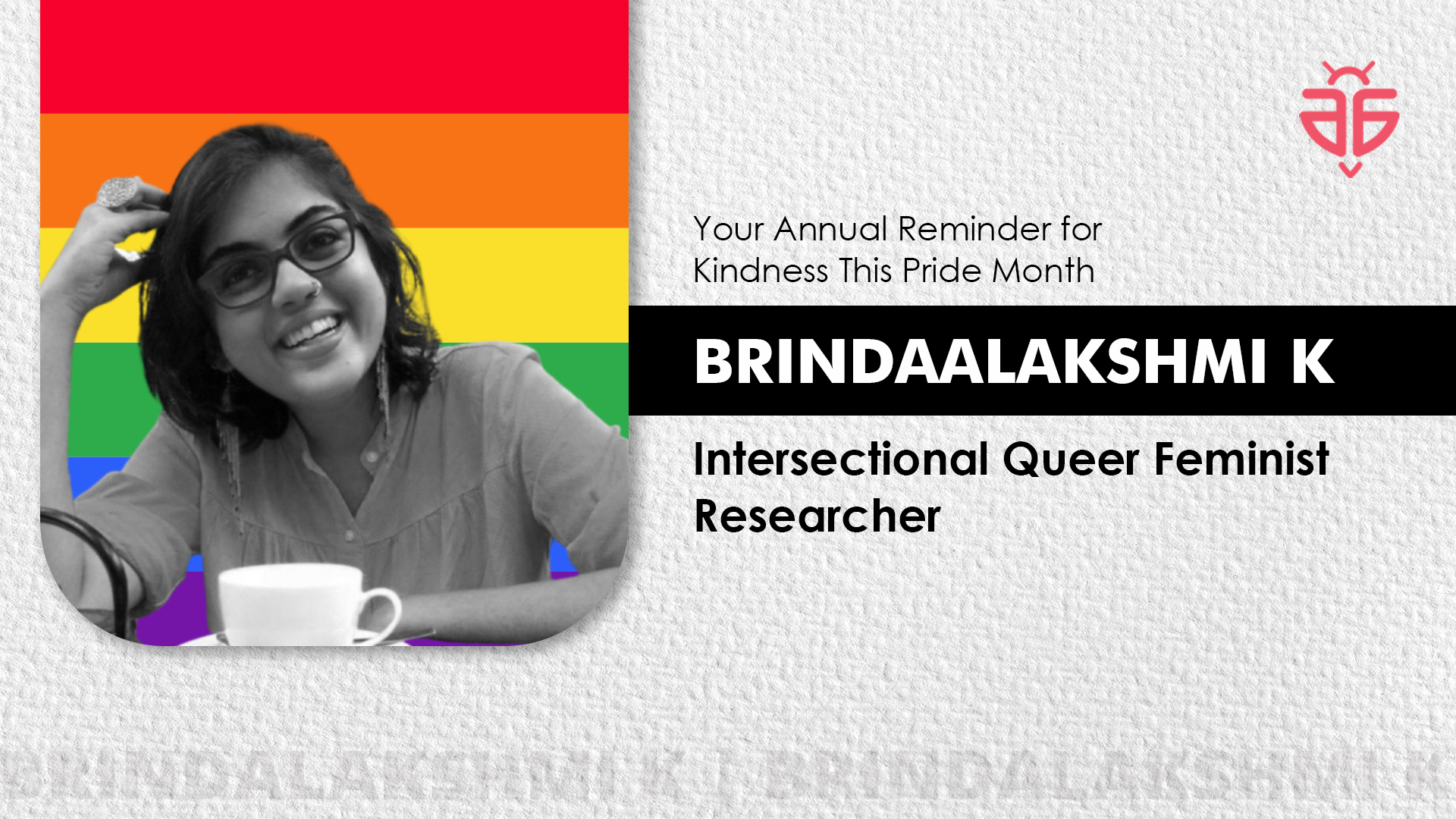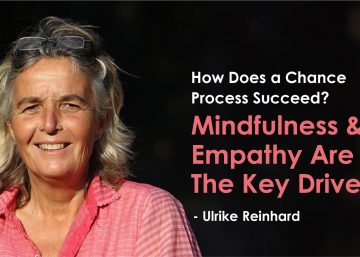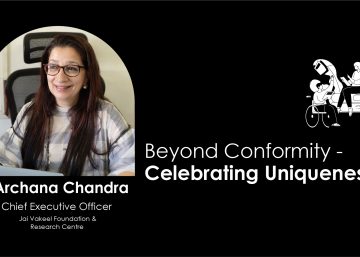Kind reminder: Being queer and trans friendly needn’t be exclusively reserved for every June. Queer and transgender persons deserve the same kindness throughout the remaining 11 months too!
With that note, I would like to share a quick list of things to keep in mind to check your behaviour with a queer or transgender person. This is not like the simple acts of kindness that we do for those in need. These are pointers to treat all human beings as valid and equal (Mind you, the checklist still applies even if you are a queer-trans individual yourself.)
Queer relationships are as valid as any cisgender heterosexual relationship
The highest validation for a heterosexual relationship is marriage. Unfortunately, queer marriages are not legal in India. So heterosexual couples and queer couples do not share the same kind of access to privileges related to many different things like renting a house together, opening a joint account as a couple, buying insurance together, among many other things. This lack of rights stems from the very basic understanding surrounding queer/trans couples and cisgender heterosexual married couples. The former is seen as invalid while the latter is assumed to be the only valid form of relationship there is.
This outdated understanding not only undermines the validity of the love between two queer/trans persons but that of so many heterosexual couples too because this takes away the individual agency in the kind of relationship that each person wants to have. How can a government/state define the kind of personal relationship that an individual can have? Think about it!
Don’t assume the nature of the relationship between two queer/trans people
Two queer/trans persons may be friends, lovers, partners or even siblings. Don’t assume the nature of their relationship based on their sexual orientation or gender identity. A couple may appear to be like a heterosexual couple but each individual’s gender identity may be different. A trans masculine person may be in a relationship with a feminine presenting non-binary identifying person.
It may appear to be like a man and woman relationship but it is not for anyone to decide the nature of their relationship. Ask before you assume, and sometimes, it’s better to neither ask not assume, because some things are none of your business.
Consent is not limited to sexual consent:
Consent is often spoken about as a concept limited to sex. However, it goes beyond sex. What do I mean by that? You need to a person’s consent before you share personal details about them with another person. Be it their phone number, photograph, gender identity or sexual orientation — all personal information related to any individual requires their consent to be shared with anyone else.
Often heterosexual people tend to be fascinated to know a queer or transgender person in their life and so may decide to out to others in their life. That is not right. You could put the safety of the queer/trans person at risk, especially if they have disclosed this information in confidentiality to you.
Get out of the pink washing culture. Know what you stand for!
The entire LGBTIQA+ community does not face the same kind of discrimination or challenges. All identities face very different and varied set of challenges. For instance, the challenges of a cisgender lesbian woman would be different from those of a cisgender gay man. Similarly, the challenges faced by a cisgender queer person would be different from those faced by a transgender person, while the challenges faced by an asexual person would be completely different from all of the above mentioned identities.
So the challenges and concerns of each identity need to be understood differently. This is another important reason to not limit queer and trans sensitisation work just to every June because not all have access to privileged diversity and inclusion conversations that happen during the Pride month.
Sensitisation work needs to be integrated into the culture of any organisation going beyond the Pride month, otherwise it becomes a clickbait tactic to drive social media engagement every June.
Check your privilege and pass the mic, for real because intersectionality matters!
Intersectionality is the understanding of the complex relationship between an individual’s many different identities and its impact on the said individual’s access to different spaces and even rights. The kind of access that a cisgender heterosexual man from a tier I city has, affords him far higher privileges compared to a cisgender heterosexual woman from the same city, class, caste or religion owing to his male privilege. This matrix would shift when comparing the same cisgender heterosexual woman to a cisgender lesbian woman from the same social location. The cisgender heterosexual woman is likely to have more privileges owing to her sexual orientation.
Further, this would look different for a transgender person when compared to a cisgender person. Along with the gender identity and sexual orientation, all the other identities of an individual also contribute to give or take away their access to spaces and rights, for instance, caste, religion, disability status, among others.
Therefore it is important to position yourself in a combination of different identities to recognise your privileges and pass the mic to a person without your privileges, not out of sympathy but because their voice deserves the same platform of yours.
Be kind and take advantage of your privilege to pass the mic to someone without the access. Remember that you lose nothing by passing the mic. You might have just gained a friend!
At aidbees, as we celebrate June as the Pride month, our mission is to make the stories of change heard and seen. We also aim to educate and spread awareness about issues that the queer community faces and struggles with on daily basis. Help us in spreading the word
Click here to read more stories of change, awareness, inspiration and practising kindness!
aidbees works with 50+ NGOs across 10+ themes including environment, education, health, empowerment, etc. You can support them and join us in spreading the Kindness Revolution. Click here to explore more!
About the Guest Author: Brindaalakshmi. K, Co-Lead Queer & Digital at Point of View is an intersectional queer-feminist researcher, writer and advocacy professional. As a researcher, they work at the intersection of human rights, identities and technology. Brindaa’s advocacy efforts are informed by their experience as a peer supporter working with the LGBTIQA+ community. They also lead workshops on consent, intersectionality and digital security.







